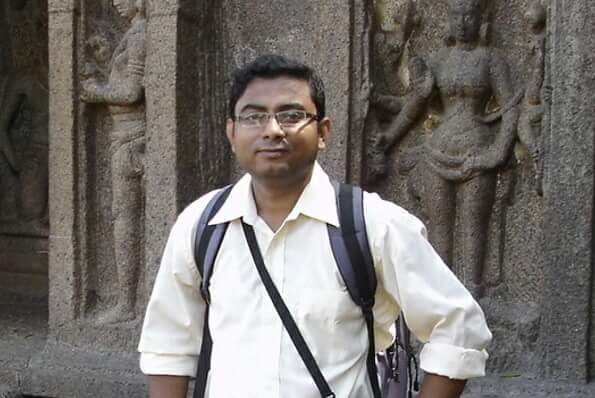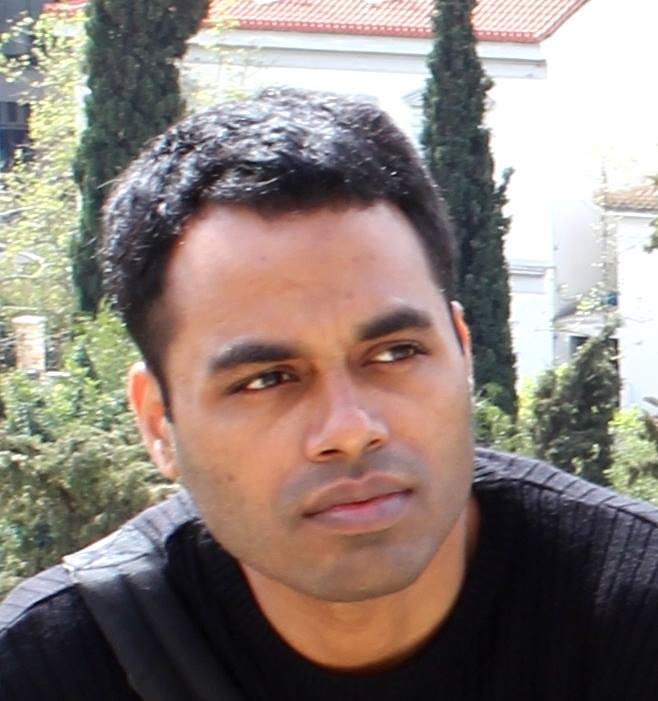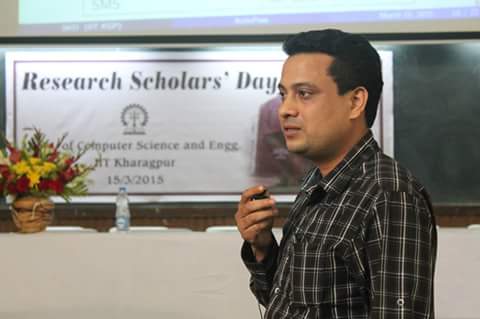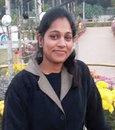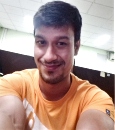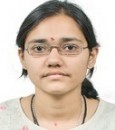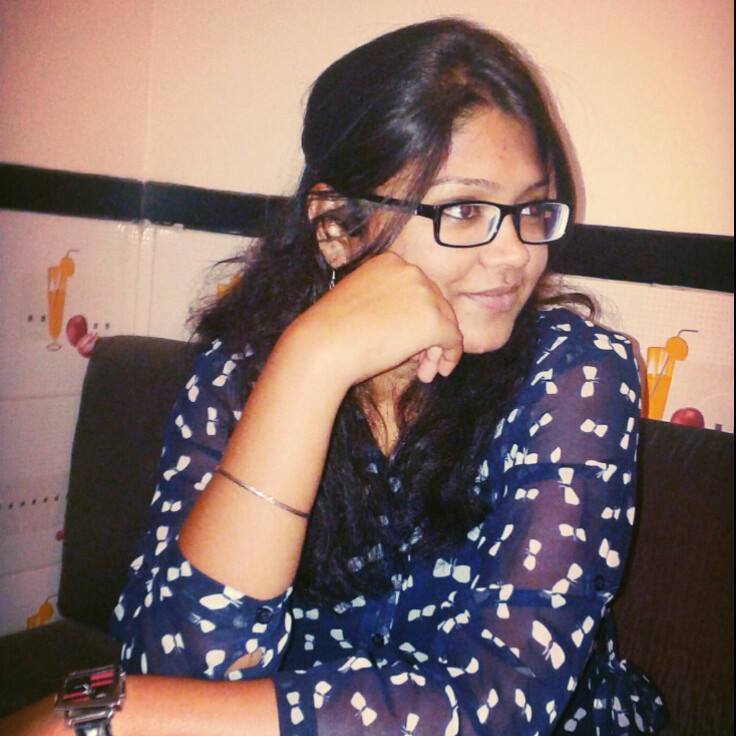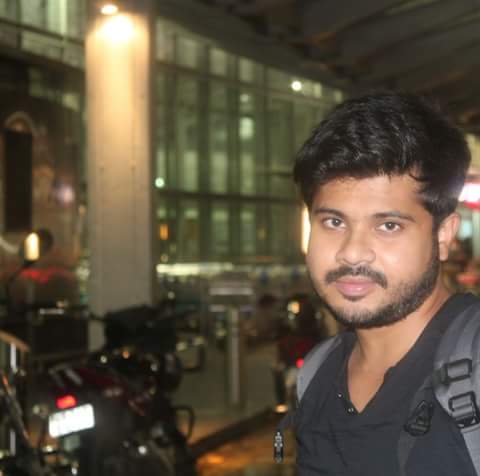-
 Complex Networks 2018
Complex Networks 2018 -
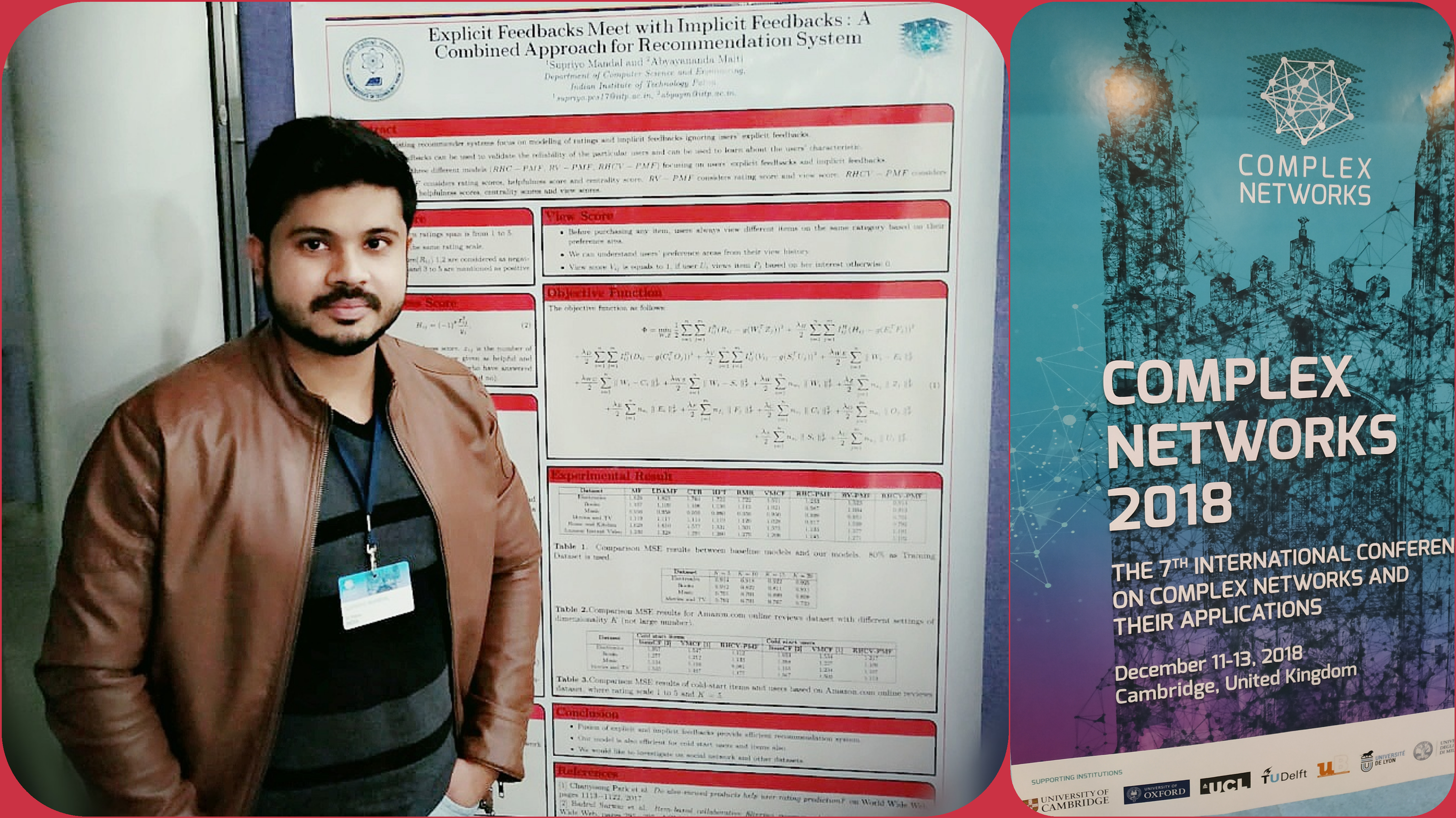 Complex Networks 2018
Complex Networks 2018 -
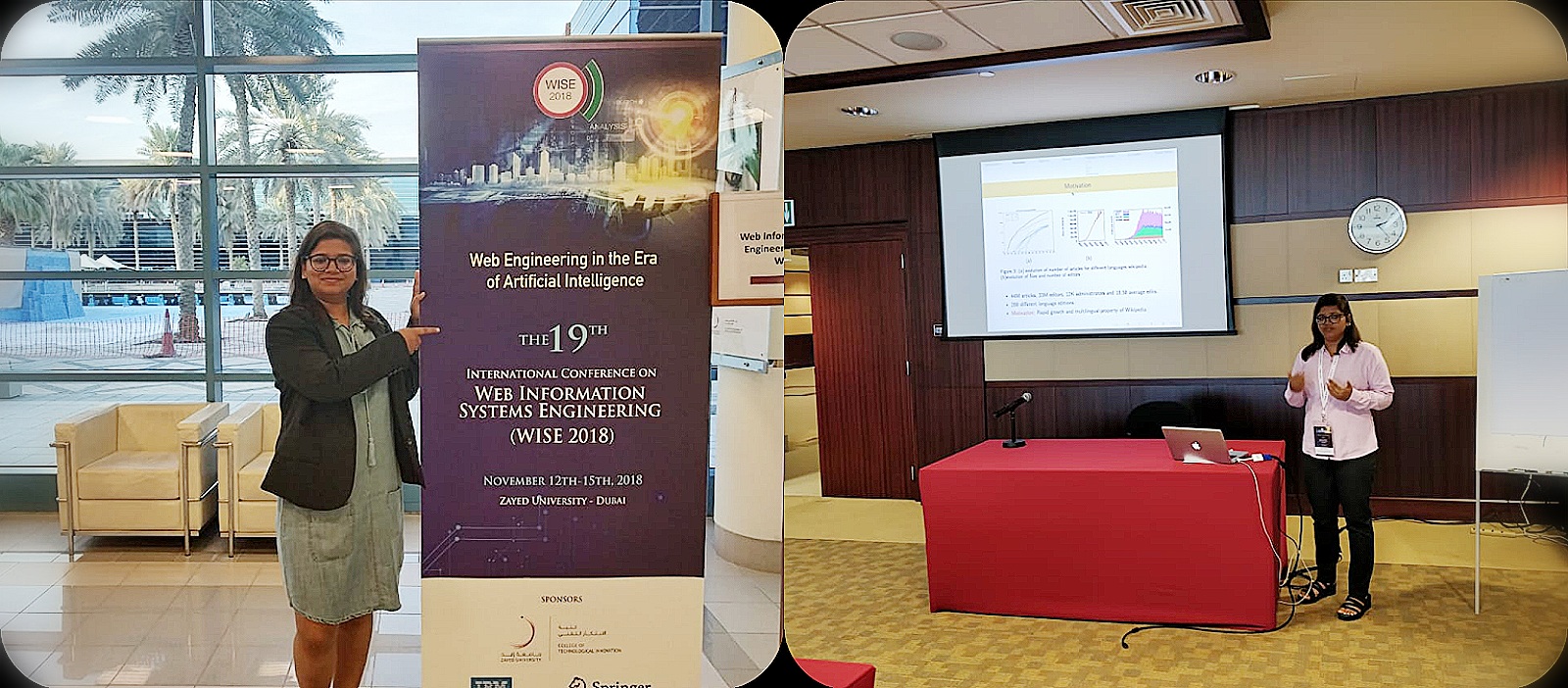 WISE 2018
WISE 2018 -
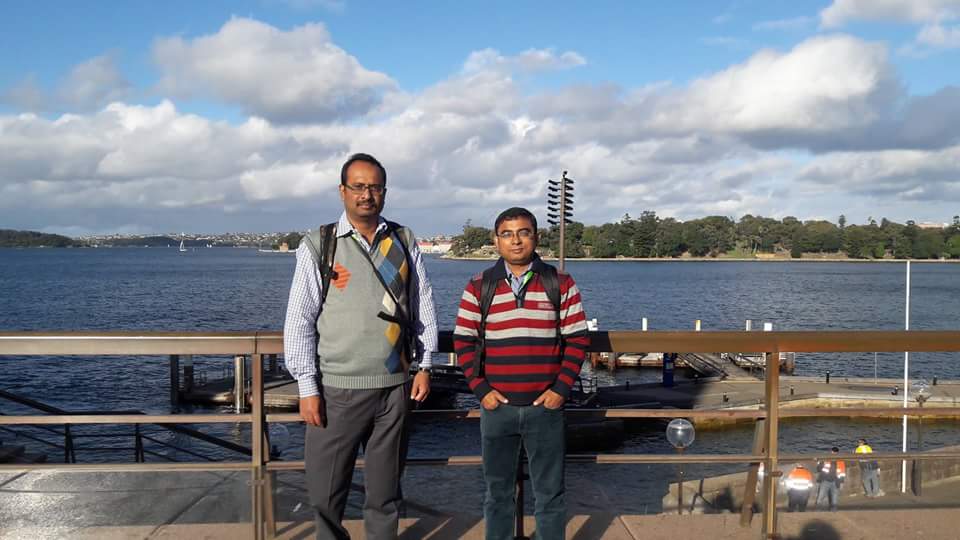 ASONAM 2017
ASONAM 2017 -
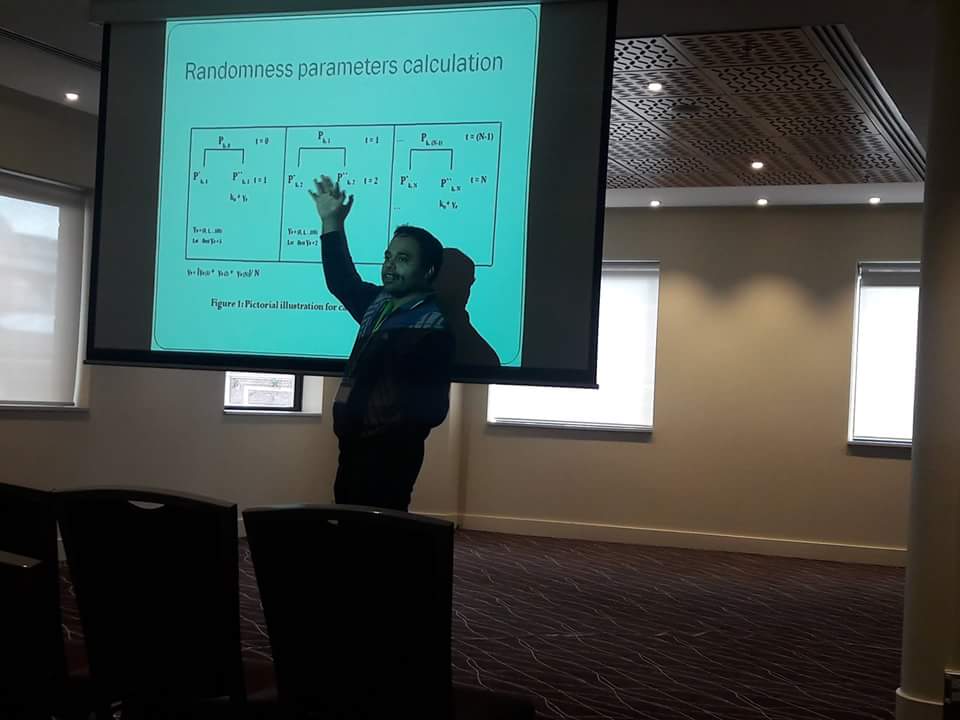 ASONAM 2017
ASONAM 2017 -
 WISE 2017
WISE 2017 -
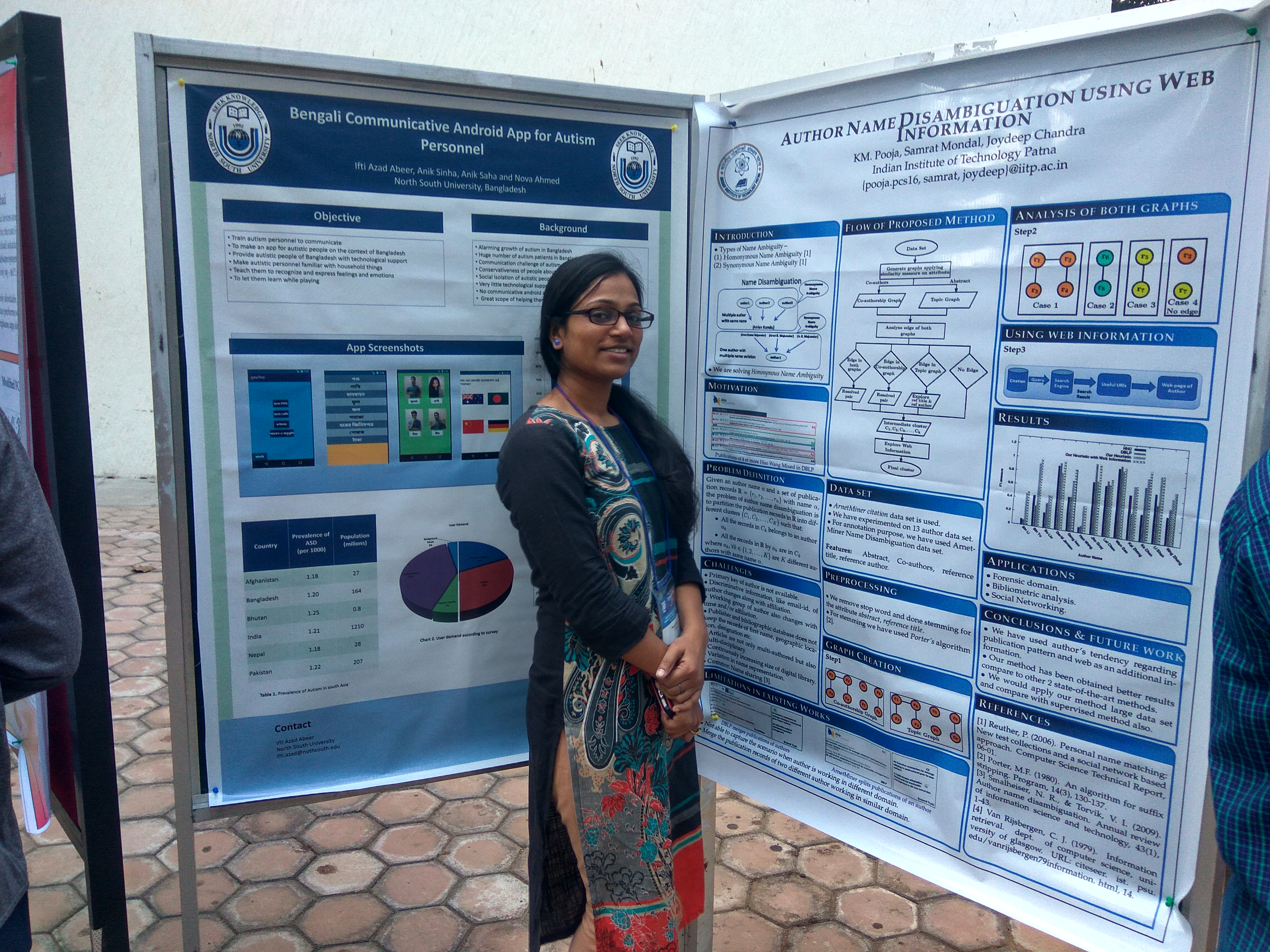 COMSNET 2017
COMSNET 2017 -
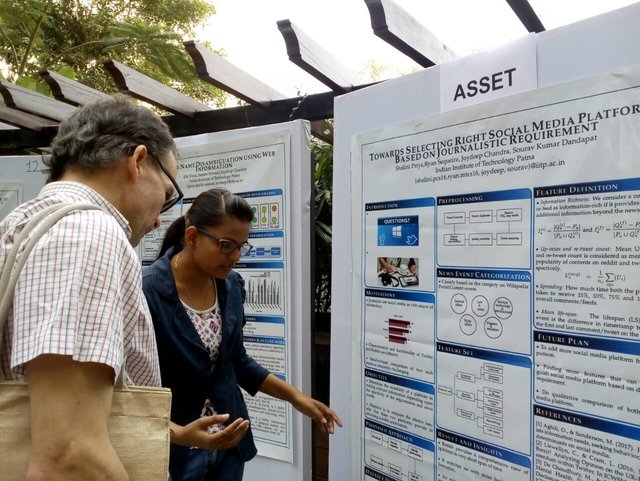 COMSNET 2017
COMSNET 2017 -
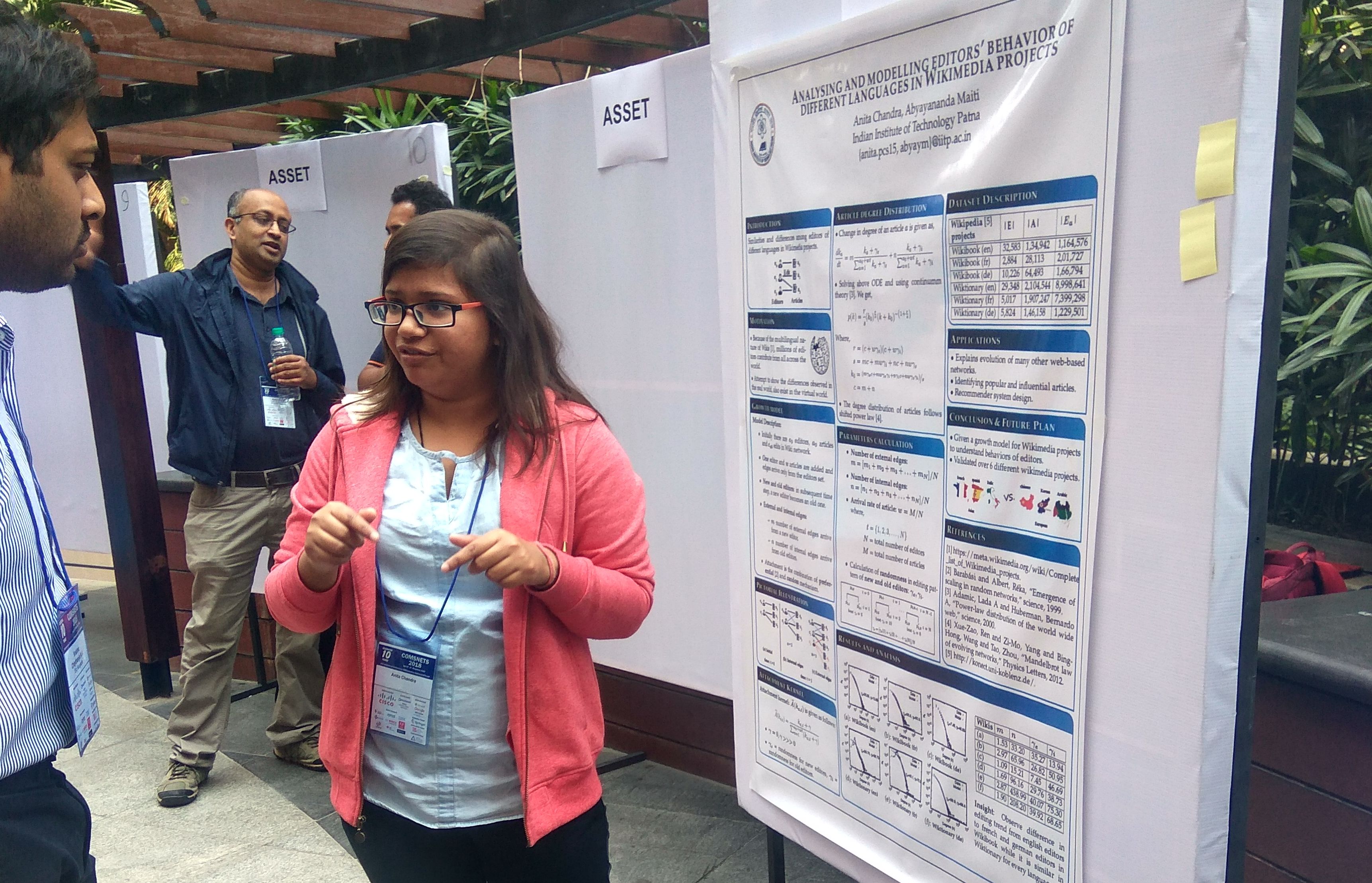 COMSNET 2017
COMSNET 2017
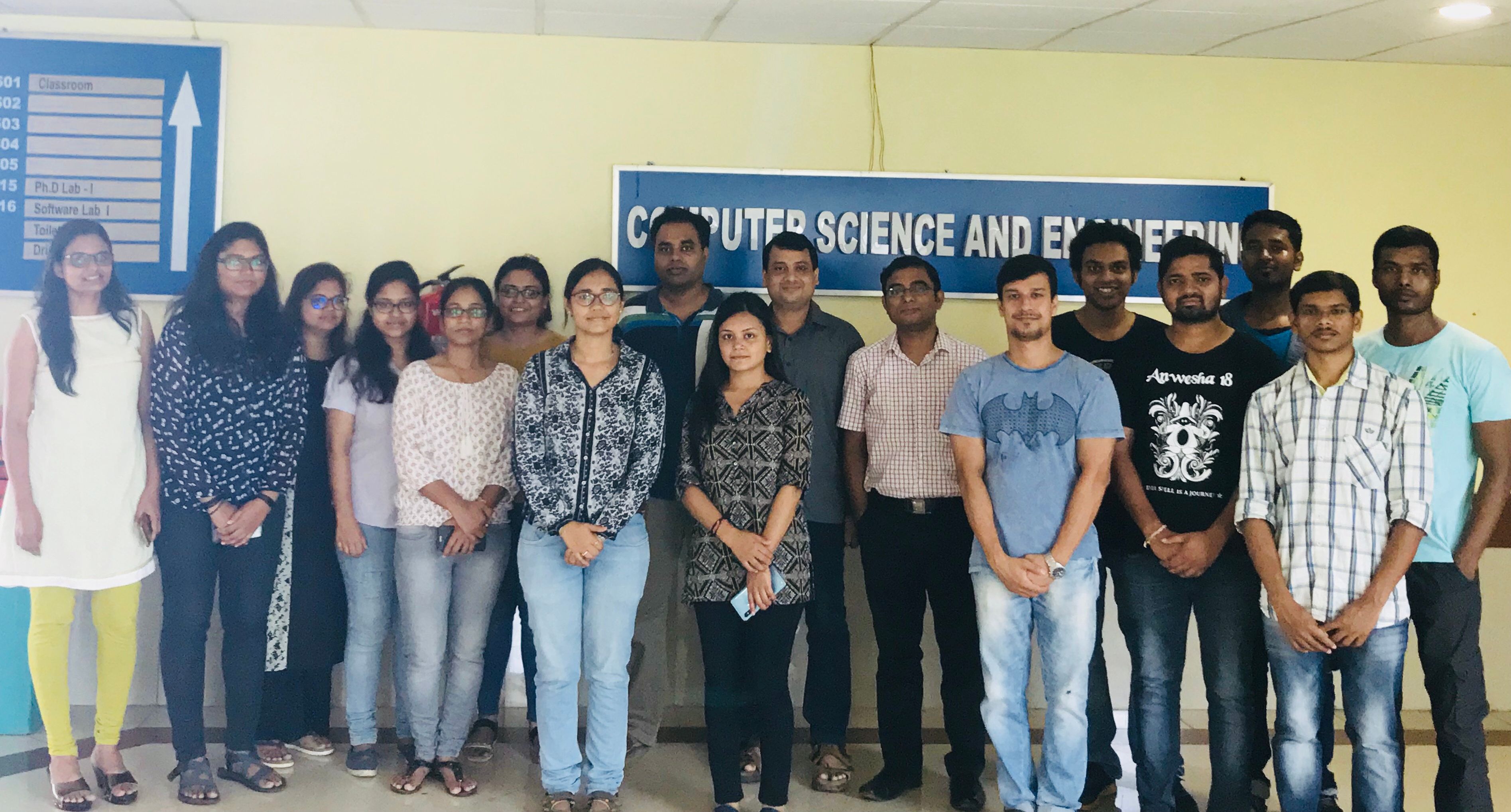
Data Analysis & Network Science (DANeS) Lab at Department of Computer Science and Engineering, Indian Institute of Technology Patna has started its offical journey in August, 2014. We work on a very diverse set of real world problems involving social networks, computation journalism, digital libraries, healthcare as well as intelligent transportation systems. The core emphasis of our group is dealing with problems related to Network & Data Science along with Machine Learning and Artificial Intelligence techniques under the able guidance of three faculty members of IIT Patna, Dr. Joydeep Chandra, Dr. Abyayananda Maiti and Dr. Sourav Kumar Dandapat. We are interested in understanding the structure and dynamics of large networked system, mining social media, modeling of social networks, studying diffusion of information, identifying influentials. Application domains include journalism, disaster, healthcare and crimes on the Web. We are also working on link prediction, recommendation system, traffic flow prediction in big cities. Our group also consists of around twenty other members including research scholars, project members and M.Tech students of IIT Patna.
